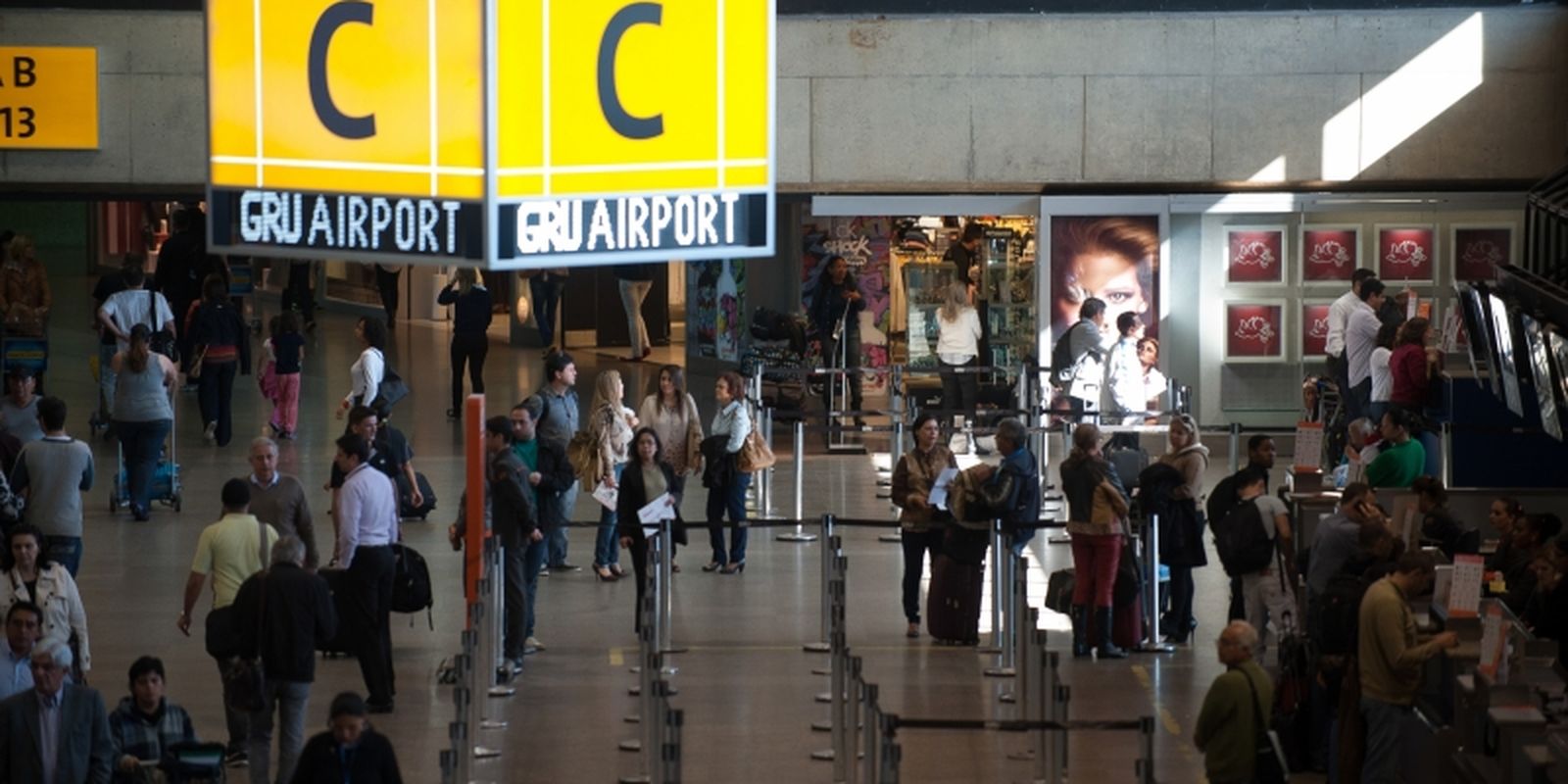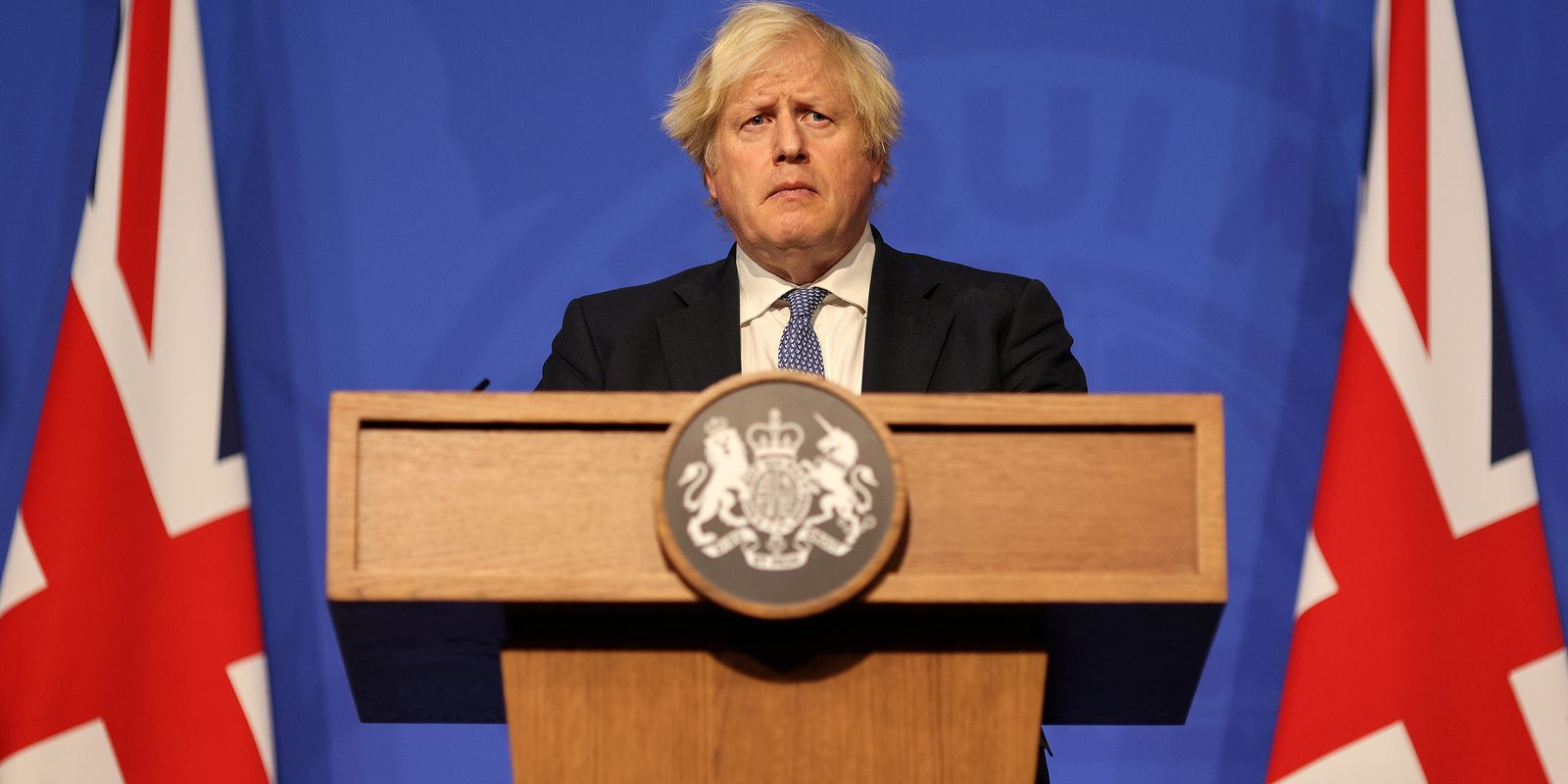Approved in 2016, the new guidelines for secondary education in Brazil entered into force in 2022. The success of the reform, however, depends on a few factors, such as a student support system and the preparation of teachers and directors. of school. education to implement a new model in the step. This is underlined by a report prepared by Data for a Democratic Debate in Education (D³e) in partnership with the Instituto Natura and the Instituto Unibanco, launched on Monday (7).
The program matrix is just one of the features of the so-called new high schoolwhich must take into account the context of each region of the country where it will be implemented, in addition to the particular needs of inclusion and student equity. Ongoing training and support for educators are also seen as fundamental to making the system work.
Through interviews with teachers and education officials, a literature review and a documentary analysis of legislation, the report presents a study of secondary education reforms in Chile, Portugal and Ontario, Canada, to learn more about the challenges and tried solutions that can serve as inspiration for the implementation of the Brazilian reform.
The criteria that led the researchers to choose the three countries analyzed were a flexible high school model, cultural similarities and diversity. The idea, according to them, is not to reproduce what has been done outside Brazil, but to observe what has worked abroad, what has not worked and what can be adapted to the reality of our country. “We study the others [países] understand the limits and possibilities of our own model, but there is no ready-made solution”, explains Felipe Michel Braga, co-author of the study. “We see the reflections and dilemmas they experience with implementation as sources of learning,” he adds.
The model that Brazil has decided to adopt is that of flexibility, so it’s not enough to just apply changes to the program. “The student is at the center of the educational process, it is an important change of direction to achieve the results we want”, comments Ana Amélia Laborne, author of the report and researcher at the Universidade do Estado de Minas Gerais (UEMG ).
What caught the attention of the team during the analysis is that the reform is not ad hoc, that is to say that it is not enough to approve a new guideline and just apply it. “All the teachers were trained to work in the old high school, the schools were built to meet this expectation, so it takes time for the reform to reach the Classroom”, says Braga.
The motivation for carrying out the study, according to Antônio Bara Bresolin, executive director of D³E, was to contribute to public debate and qualify the use of scientific knowledge in the implementation of secondary education reform in Brazil. . “It is only with evidence that we have the chance to promote equitable and quality education,” he defends.
“We have many lessons learned and successful practices from Integral High School that reinforce the need to re-mean this stage for young people,” says Maria Slemenson, public policy officer at Instituto Natura. “To move forward with secondary education policy as a whole, it is necessary to ensure the quality of implementation and to drive it by observing evidence such as that provided by this study,” she adds. .
The researchers point out that the implementation requires funding to train teachers and managers, in addition to allowing for an increase in class hours and the provision of optional subjects. As governments transition, the group hopes to present work to help future leadership implement reform effectively.
“We are completing the first year of implementation of the secondary education reform law, which is a challenge both for the most advanced states and for those who started the process later,” explains Ricardo Henriques, Executive Superintendent of Instituto Unibanco. . For him, we must invest in solid planning, without losing sight of the role of the student and the importance of equity”. “The reform is not only curricular, it involves logistics, infrastructure, human resources and the dreams of millions of people. young brazilian. The more inclusive the path taken by the networks, the more professionals will be prepared and contribute to the success and feasibility of the reform,” he says.

“Freelance communicator. Hardcore web practitioner. Entrepreneur. Total student. Beer ninja.”

:strip_icc()/i.s3.glbimg.com/v1/AUTH_fde5cd494fb04473a83fa5fd57ad4542/internal_photos/bs/2022/o/I/NcnbskQTShkzdS8m7NSw/sam-balye-w1fwdvirezu-unsplash.jpg)





